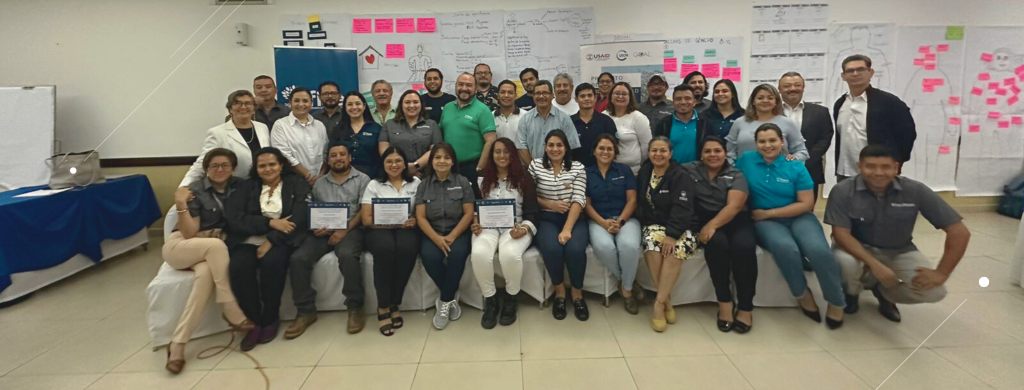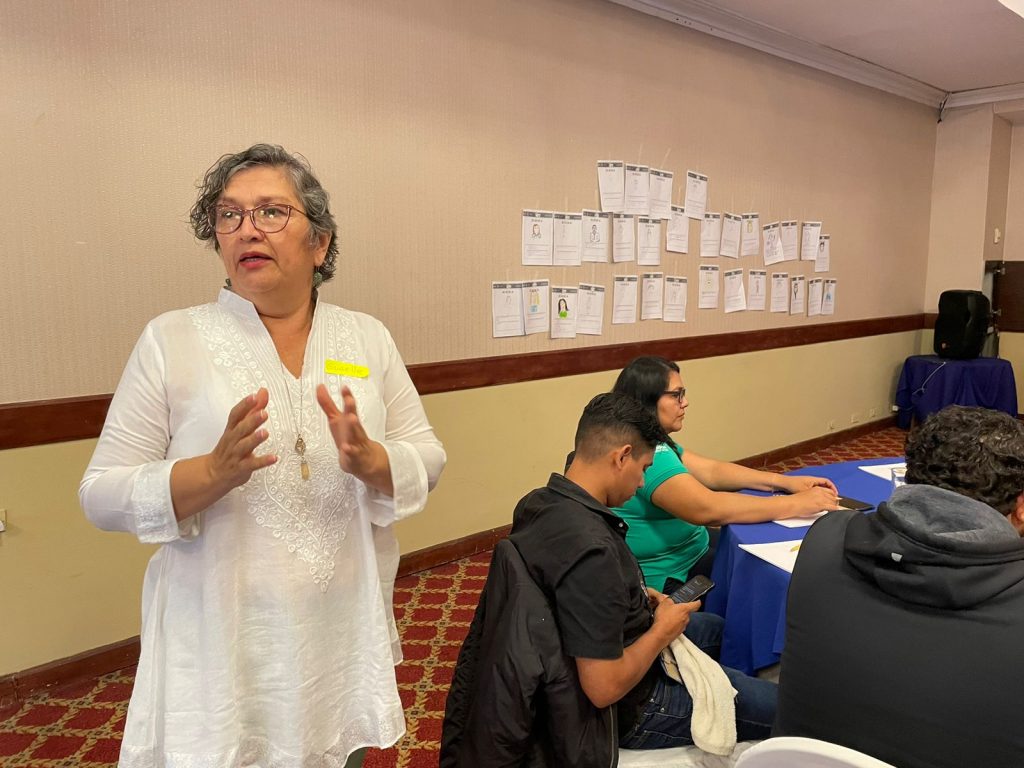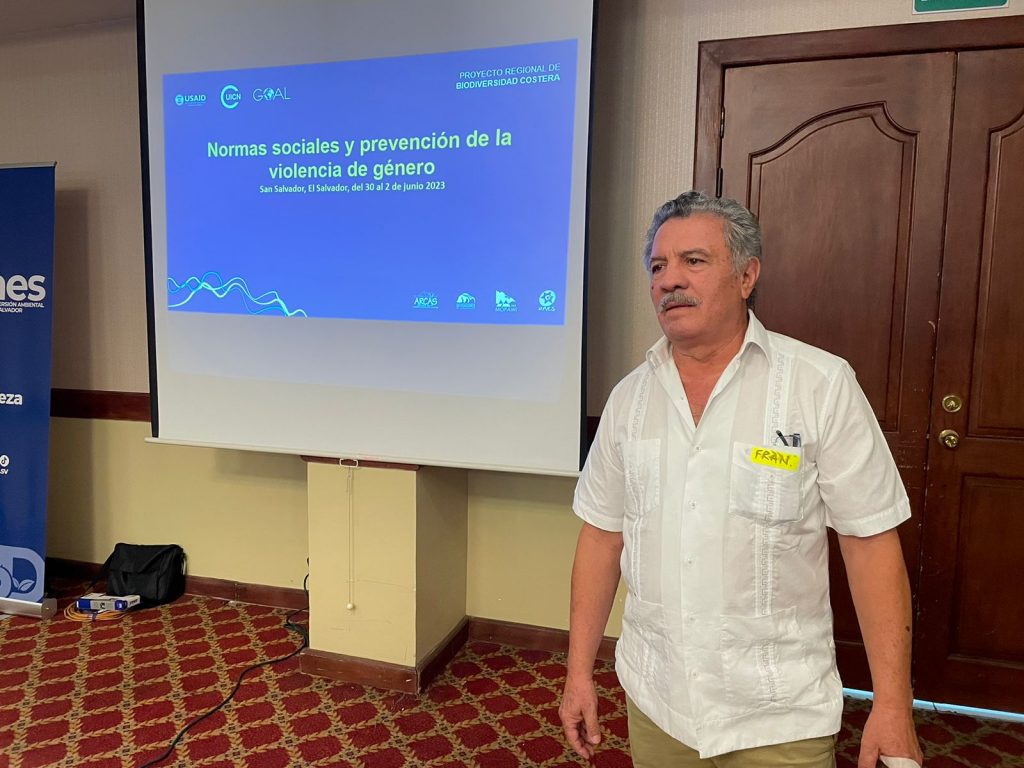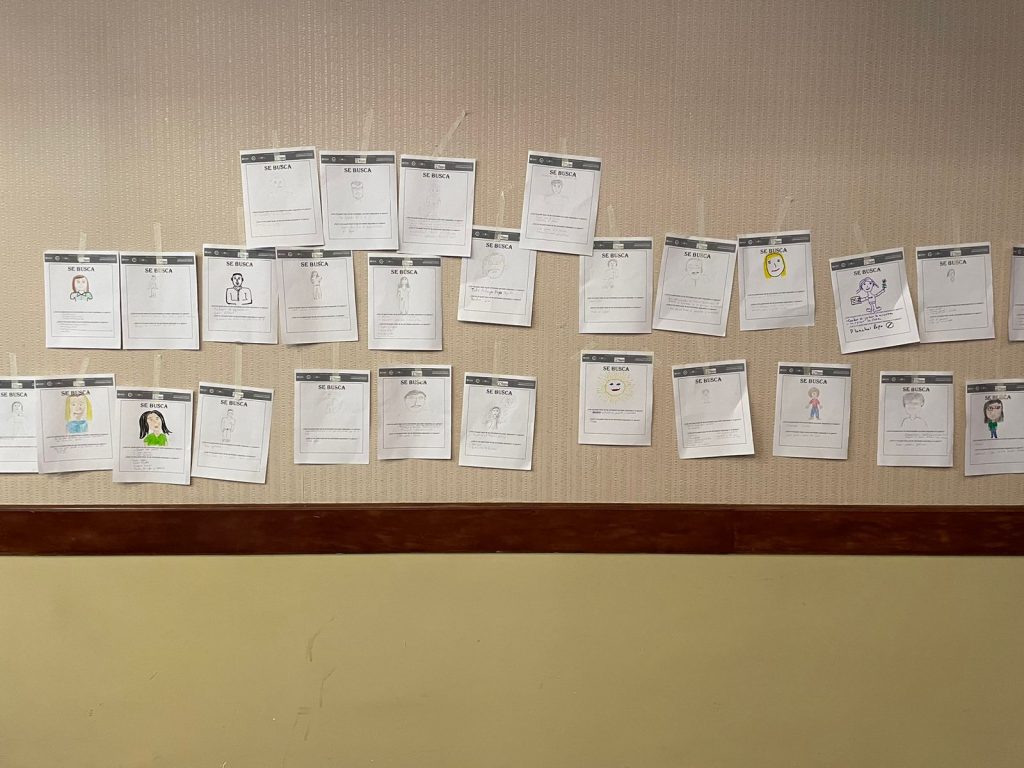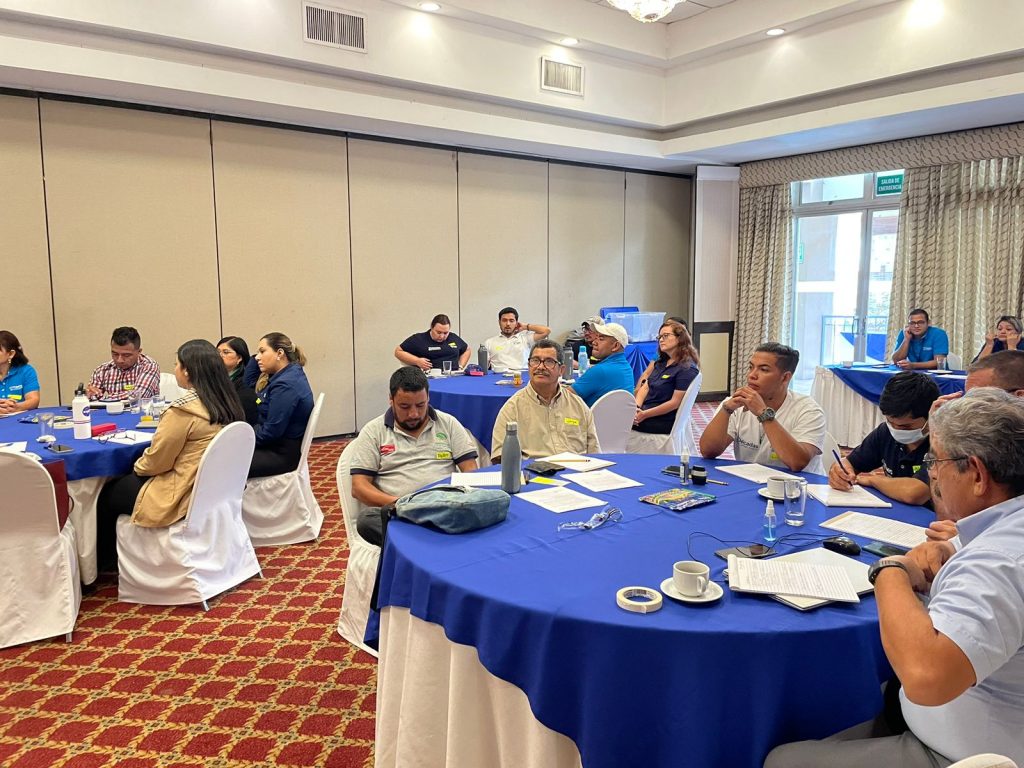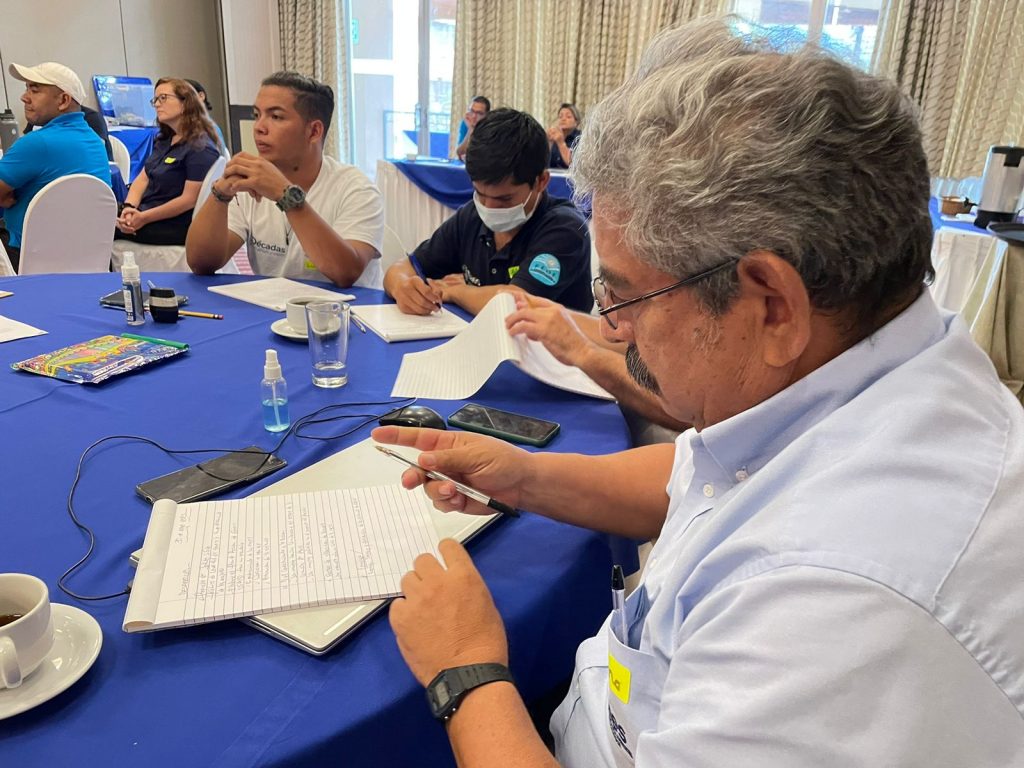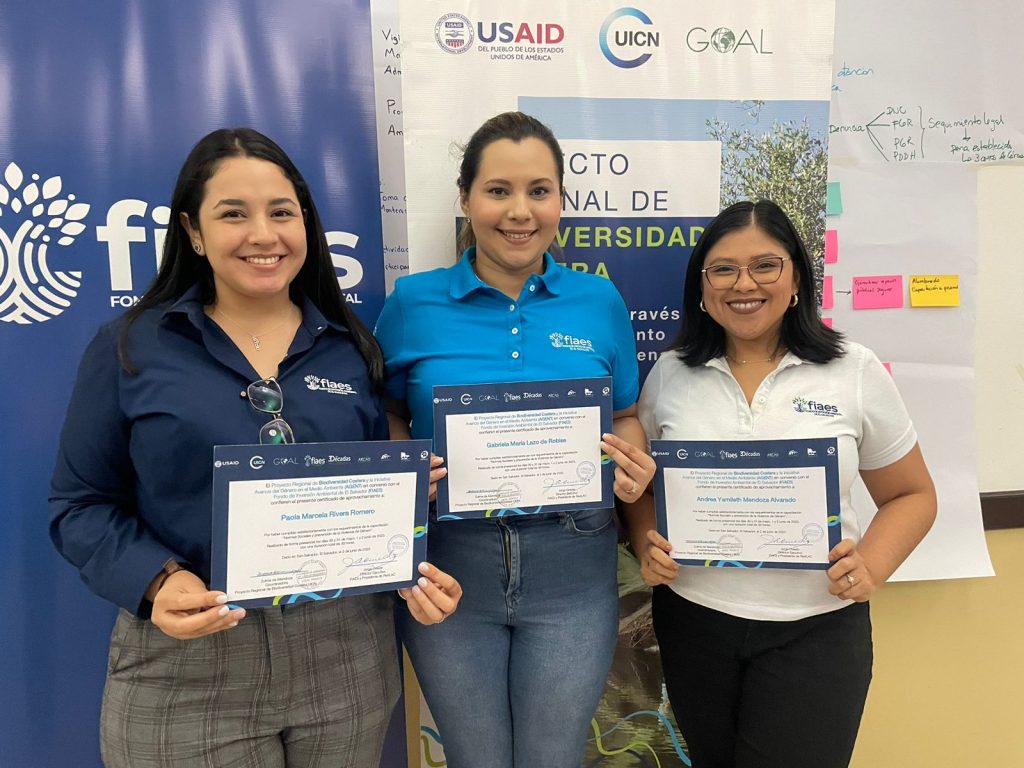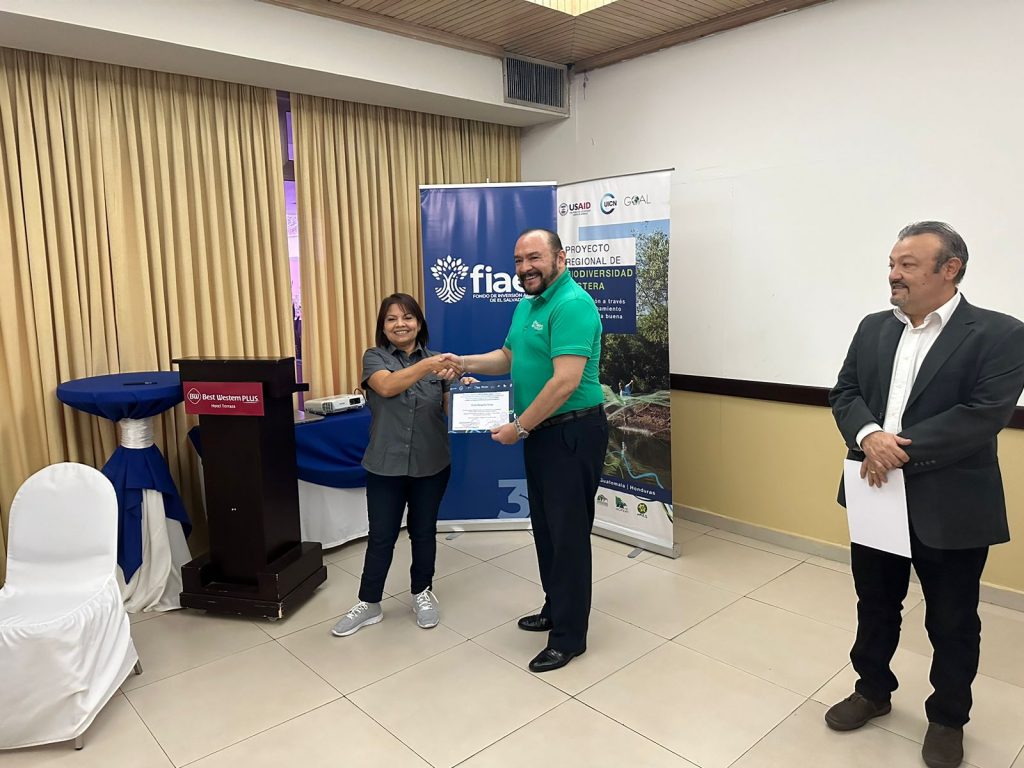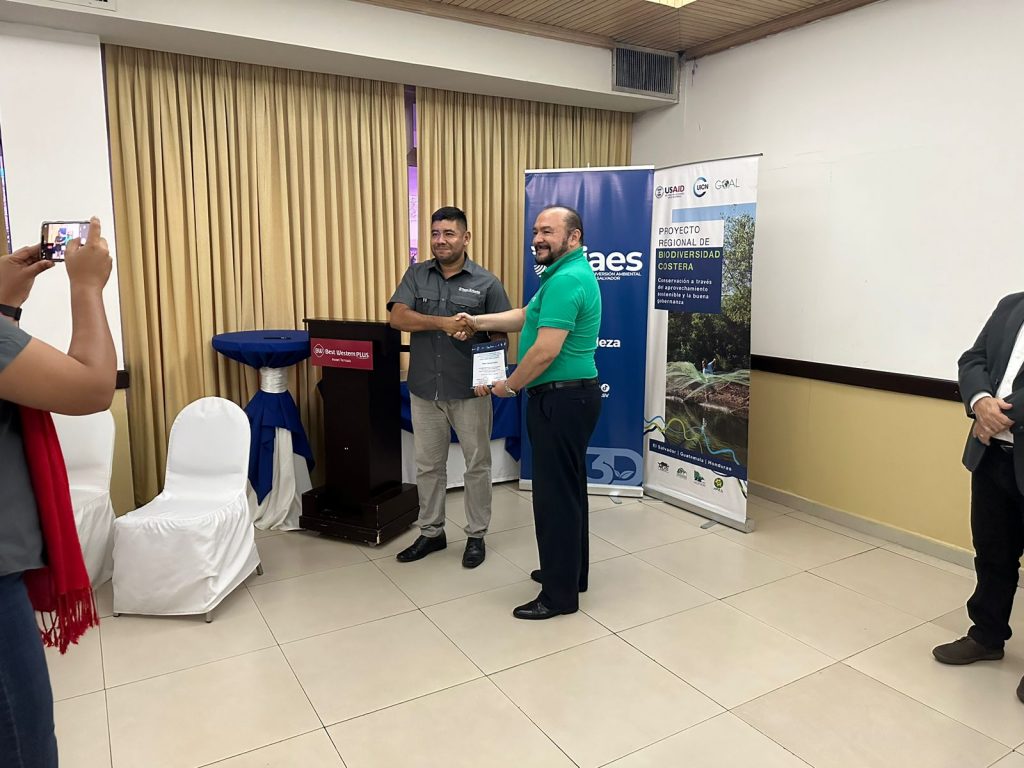En un esfuerzo conjunto por abordar la problemática de la violencia de género, se llevó a cabo el destacado taller “Normas Sociales y Prevención de la Violencia de Género”, el cual reunió a un diverso grupo de participantes comprometidos con la igualdad y la erradicación de la violencia hacia las mujeres. Esta iniciativa, organizada por el FIAES, congregó a instituciones como MARN, ISDEMU, FUNDESYRAM, Fundación Domenech y OIKOS, con el objetivo de generar un espacio de reflexión y aprendizaje sobre esta grave situación que afecta a nuestra sociedad.
Durante varios días, los participantes tuvieron la oportunidad de sumergirse en un programa de 30 horas de trabajo, abordando temas cruciales relacionados con las normas sociales y su influencia en la prevención de la violencia de género. El taller se constituyó como un espacio propicio para el análisis de casos prácticos, debates en grupos de trabajo y el intercambio de experiencias personales, lo que enriqueció significativamente las dinámicas de aprendizaje.
La ceremonia de apertura del taller fue un momento destacado, donde se contó con la participación de representantes del FIAES, el PRBC y USAID. Estas importantes instituciones pronunciaron discursos inspiradores, resaltando la importancia de abordar la violencia de género desde una perspectiva social y promoviendo la participación activa de todos los presentes.
Durante la ceremonia, el Ingeniero Oviedo, director ejecutivo de FIAES y Presidente de RedLAC, así como los representantes de UICN y USAID, ofrecieron discursos enriquecedores que subrayaron la necesidad de abordar la violencia de género de manera integral. Se resaltó la importancia de promover la equidad de género y el respeto mutuo como fundamentos para construir una sociedad libre de violencia.
El Ingeniero Oviedo destacó la relevancia de abordar la temática de la violencia de género desde un enfoque integral, que considere tanto las normas sociales arraigadas como los mecanismos de prevención y respuesta. Resaltó la importancia de promover la equidad de género y el respeto mutuo como pilares fundamentales para construir una sociedad libre de violencia.
Además, resaltó la importancia de prevenir la violencia de género para asegurar una mayor eficiencia, eficacia y efectividad en los proyectos medioambientales y, en general, para garantizar el desarrollo en las comunidades. Además, mencionó que el curso fortalecerá las capacidades de los técnicos ambientales en la forma de abordar la violencia de género en el contexto de los programas y proyectos ambientales. El objetivo final es que todos los habitantes de las comunidades puedan ejercer plenamente sus derechos y asumir sus responsabilidades ambientales.
Por su parte, los representantes de UICN Carlos Huezo y Dr. Luis Ramos, Representante Oficial de Acuerdos, de USAID para el Proyecto Regional de Biodiversidad Costera, hicieron énfasis en la importancia de la cooperación y el trabajo conjunto entre instituciones y actores clave para abordar de manera efectiva la violencia de género. Destacaron la necesidad de desarrollar estrategias integrales que incluyan la participación de la sociedad civil, el sector privado y los gobiernos, con el fin de lograr un impacto duradero y sostenible.
La participación de destacados ponentes, como Jackie Siles de UICN y USAID, quien proporcionó un marco de referencia sobre el género y la violencia de género, la cual ha sido fundamental para enriquecer el contenido del taller. A través de su exposición virtual, Jackie Siles brindó una perspectiva invaluable sobre el género y la violencia de género, ampliando la comprensión de los participantes y ofreciendo herramientas para abordar esta problemática de manera más efectiva.
Para llevar a cabo las dinámicas del taller, se contó con la participación de dos facilitadores expertos en el tema: Guiselle Rodríguez Villalobos y Francisco Azofeifa Cascante. Su dedicación y profesionalismo fueron clave para el éxito de las actividades, ya que compartieron su experiencia y conocimiento, enriqueciendo los debates y garantizando un espacio de aprendizaje de calidad.
A medida que el taller “Normas Sociales y Prevención de la Violencia de Género” avanzaba, se generó un ambiente propicio para el aprendizaje, la reflexión y la acción. Los participantes demostraron un compromiso notable para aprovechar al máximo esta oportunidad, fortaleciendo sus conocimientos y habilidades en la prevención de la violencia de género.
El cierre del taller fue marcado por la entrega de diplomas de participación, donde Patricia Ulloa, representante del FIAES, resaltó la importancia de replicar los conocimientos adquiridos en las instituciones de cada participante. Este compromiso asegura que el impacto del taller se extienda más allá de sus días de duración y se convierta en un motor de cambio en las comunidades.
Sin duda, es fundamental destacar la relevancia de replicar los conocimientos adquiridos en el taller “Normas Sociales y Prevención de la Violencia de Género” en la conducción de proyectos medioambientales en los territorios. Los Fondos Ambientales desempeñan un papel crucial en la protección y conservación del entorno natural, y es esencial que incorporen una perspectiva de género en sus acciones.
La violencia de género y la desigualdad de género tienen un impacto directo en la sostenibilidad ambiental. Al abordar estas problemáticas desde una mirada integral, los Fondos Ambientales pueden garantizar que sus proyectos promuevan la equidad y el respeto mutuo, creando un ambiente propicio para el desarrollo sostenible.
La incorporación de enfoques de género en los proyectos medioambientales implica considerar cómo las diferencias de género y las normas sociales influyen en la relación de las personas con el entorno natural. Asimismo, implica garantizar la participación igualitaria de mujeres y hombres en la toma de decisiones y la distribución de recursos, así como prevenir y abordar la violencia de género en todas sus formas.
Los Fondos Ambientales tienen la responsabilidad de liderar este cambio, fomentando la capacitación y sensibilización de su personal y promoviendo la integración de la perspectiva de género en todas las etapas de sus proyectos. Esto permitirá no solo garantizar la protección del medio ambiente, sino también promover sociedades más justas, inclusivas y libres de violencia de género.
En este sentido, el taller “Normas Sociales y Prevención de la Violencia de Género” ha brindado a los participantes las herramientas necesarias para impulsar esta transformación en los proyectos medioambientales. Ahora es responsabilidad de los Fondos Ambientales tomar acción y asegurar que estos conocimientos sean aplicados de manera efectiva en sus actividades, generando un impacto positivo tanto en la protección del medio ambiente como en la promoción de la igualdad de género.
La replicación de este taller en los Fondos Ambientales no solo contribuirá a fortalecer las capacidades de sus equipos, sino que también abrirá nuevas oportunidades para la cooperación interinstitucional y la generación de sinergias en la lucha contra la violencia de género y la protección del medio ambiente. A medida que nos despedimos de este valioso taller, es importante recordar que la prevención de la violencia de género es un desafío que requiere la participación activa de todos los sectores de la sociedad.

Coordinador de Comunicaciones de RedLAC
pablo.portillo@fiaes.org.sv
